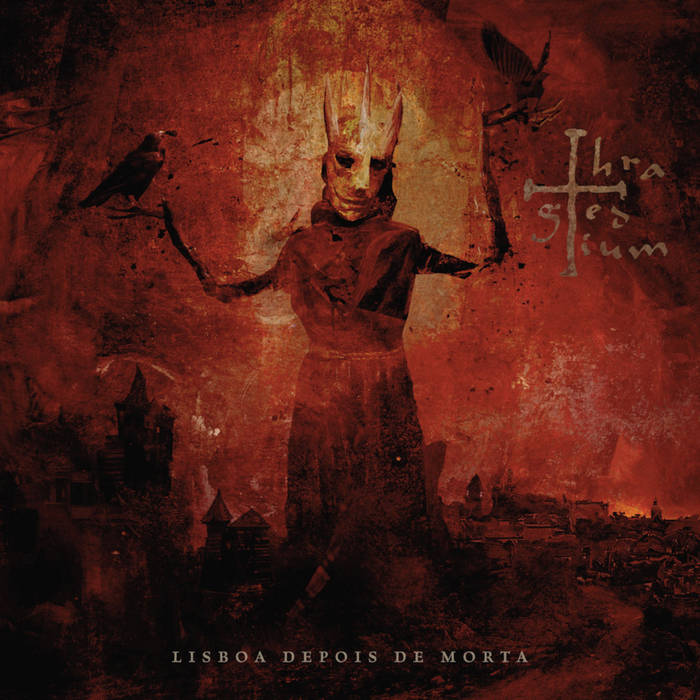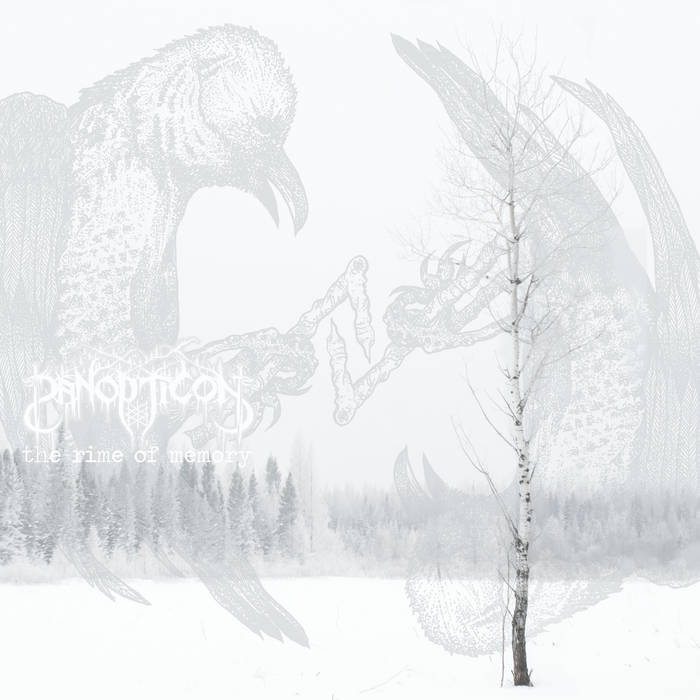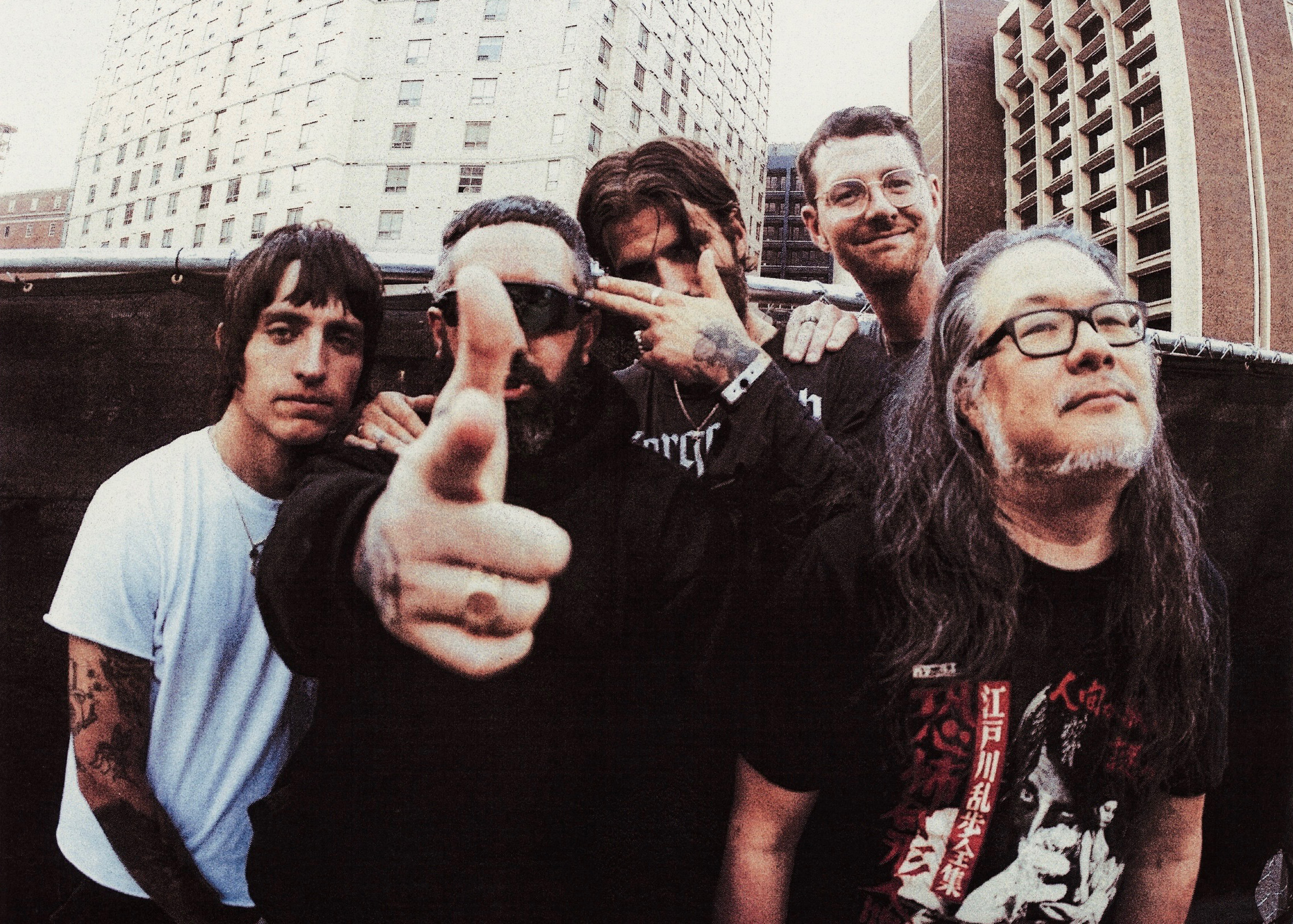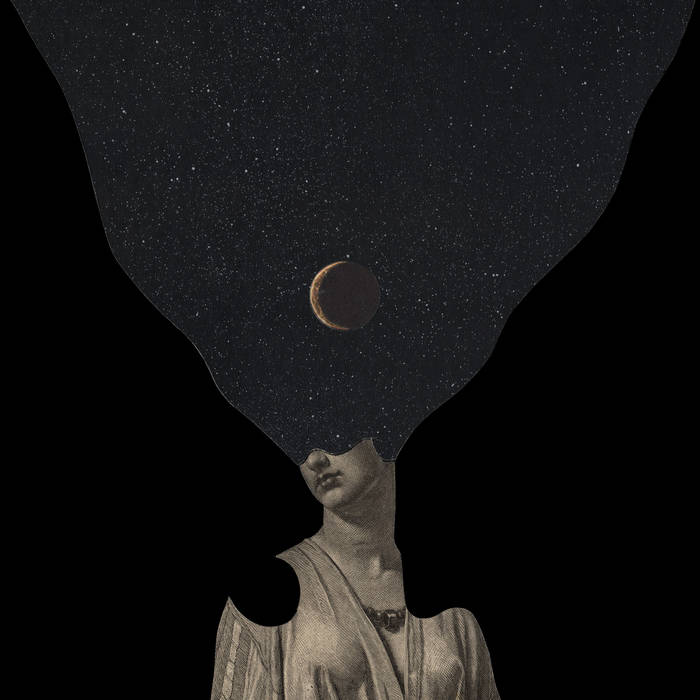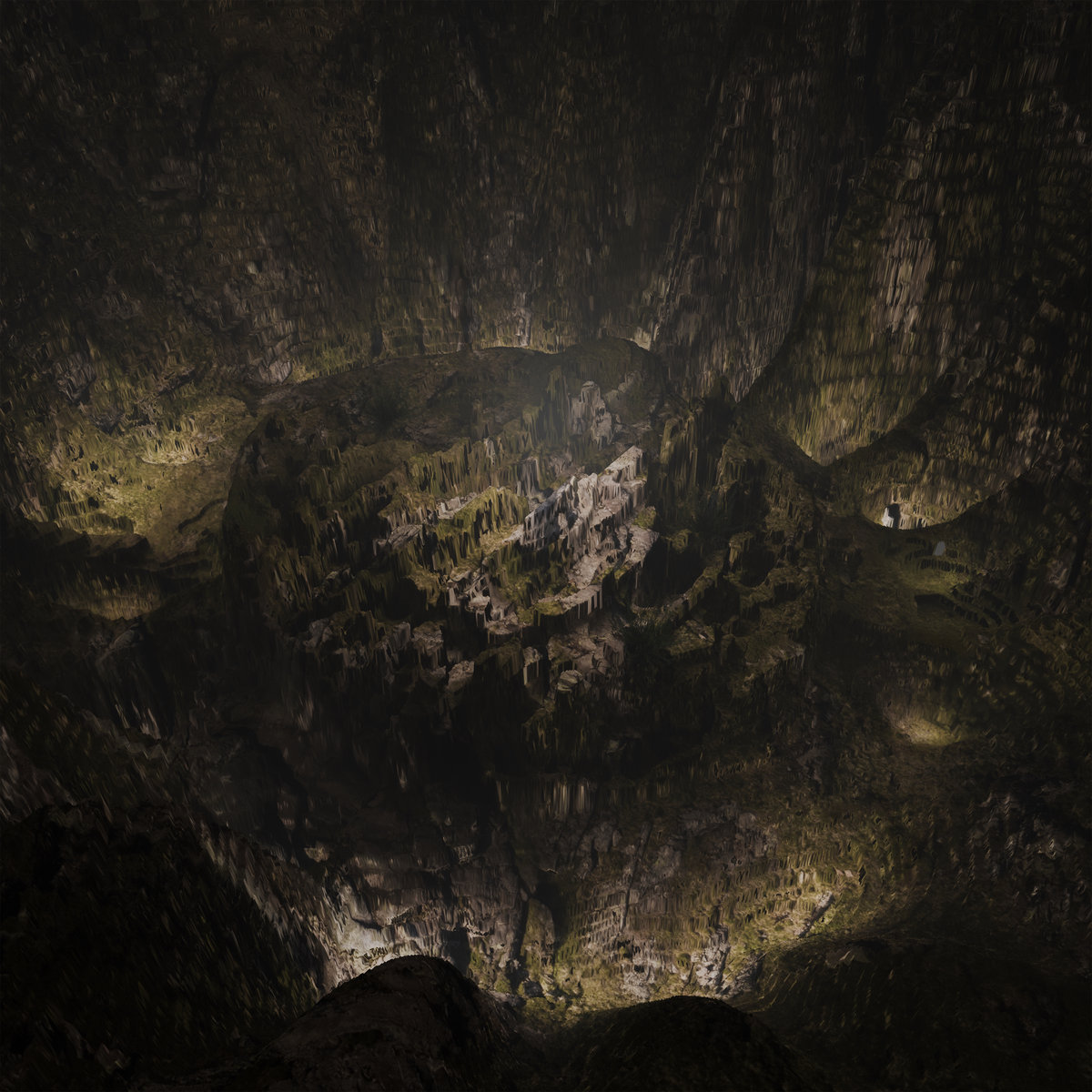If you follow the underground of metal-related music you probably know about this Portuguese band that re-surfaced with a stunning multifaceted release after a 20-year hiatus.
Let´s do a short recap: The band was formed in Lisbon in 1998 and released two decent albums in the styles of Black and Death Metal back in 2001 and 2003. Then the band kind of disappeared into a hiatus that lasted 20 years. Early in November, they released this new 70-minute musical journey deeply rooted in Portuguese myths, legends, and history.
There is an ambiance of gothic Black Metal that hovers above the music even if there are long acoustic parts on the album, some songs even border on ballads. The use of the Portuguese guitar and tambourine along with bass drums sometimes sounding like timpani in the songs “Pretérito Imperfeito” and ”Nations Fall”, certainly gives a tribal sense to the music (the timpani came to Europe from Arab countries with the Saracens and Crusaders in the 13th century). There are also choir parts that are bordering on chorals that send you into the gothic darkness of a medieval church.
Heavy drumming opens the album´s first song ”Desagregação” and a soft-played acoustic guitar appears immersed in vast Dark-Wave sounds. A deep voice begins to declare the lyrics, ruminates about being tired of everything being in vain and about how the easy way never gave him anything, but neither did the impossible. It is like the whole thing is surrounded by a dark palette when a riffing distorted guitar emits a contrasting coldness to the warmer music from the acoustic guitar and the deep hoarse growling voice contemplating about the burden of carrying oneself, separated from the world.
Already with that first song, you sense that this is going to be a unique musical journey as bursts of vocals erupt until everything melts together and the music rises to meet the growling vocals dragging along. The song is like an overture to the rest of the album as it has some of the elements of what is to come. On their previous album, they used the Portuguese guitar, a guitar more tied to Fado music than the genres and styles this album takes inspiration from. The second song, ”Lucefécit”, dips into the legend of the tragic end of the Moorish maiden Salúquia. The way the song is orchestrated around the Portuguese guitar conjures the idea of a medieval past. The Portuguese guitar opens the song along with tambourine, shorts bursts of low-end bass, tribal drumming, and two vocal styles - one whispering, one vocalizing but both growling. The interplay between these two and the acoustic instruments just captures your senses.
In this second song, the band conjures up the medieval ambiance not only through the instruments but also by using a commanding choir repeating lines in Latin. This is a feature throughout the album, the use of a choir, and the lyrics shifting between Portuguese, English, and Latin throughout. You re-encounter that in the next song, ”The Adorer”. The song opens with guitars, drums, and percussion before choral style singing ”Spiritus Fiat Ubi Vult” (“Let the Spirit be, where it will”) rises and it feels like being in a dark medieval church, especially when spoken words appear, enticing us. The song shifts as a distorted guitar unfolds and a wonderful, strong, tenor-like vocal line sets in. The choir continues its repetitive verses while the single vocal breaks the structure before a high-pitched fuzzy guitar raises above the music with a highly melodic solo.
After talking about all the acoustic elements in the music, the choir, and the clean vocals, it is worth mentioning how perfectly the distorted electric guitar is immersed in the music. On ”Terra Mãe” the distorted and melodic guitar and low-end bass paired with growling vocals place this song between Black and Death Metal. In the song ”Pretérito Imperfeito”, the song surges into a harmonious choir, with elongated riffs and growling vocals. It is melodic, bleak, and at the same time kind of uplifting as it slowly develops into a folk tune with bleak aspects.
The distorted guitar opens the song ”Trimarkisia” with long takes to support the spoken words as musical effects swell around it. The pace increases with hammering bass drums and a faster guitar as the spoken growls hold the pace back a bit, contrasting the music that soon falls back into step with the pace at Funeral Doom. The song turns toward Funeral Doom with guitars riffing slowly to accompany a choir. There is a sudden change as the drums turn on the blast mode with double takes and the guitar takes over from the growls with a high-pitched increasingly faster solo. It continues as the growling comes back, another guitar riffing with the blasting drums.
In a couple of songs, the band uses the accordion to give a sense of yearning reflection, like on the wonderful ballad ”Um Mal Necessário”. Here the vocals are both wistful and resigned following a delightful melody created by the strumming and picking acoustic guitar. And when a soft accordion is blended in you just want to lean back by a pond and reflect over the sad self-reflecting song, ”I always took more than I gave … more than I gave”. Also in the song ”The Old Oak and the Mandrake Root” the accordion is immersed in the music to great effect adding a relaxed sense into the song.
It is not only the perfect use of the accordion and the choir parts that help making this album a very special treat, but also the use of female vocals in a couple of songs. One is the diverse song ”Nations Fall” - a song about a tired medieval warrior - where after tremolo riffs have lifted the song, it turns acoustic and an alluring female voice begins between the acoustic instruments and percussions until the vocalizing turns and spits fire and a choir in harmony with growls and slow riffs take over the song.
This astonishing album closes with the ten-minute plus song, ”The Old Oak and the Mandrake Root”. Listening to this song it feels like the band fuses together most of the musical elements used in previous songs, the slow distorted guitars moving forward with a massive soundscape before it simmers down. The acoustic guitar is alone with the cymbals, but soon long riffs catch up. There are shifts between open sonics and bursts while the growling vocals seem unaffected, contrasting the massive sound. There is the acoustic strumming, accordion, female vocalizing, the tambourine all engaged in keeping the melodic theme. A guitar rises with both solo and riffs making the music swell behind the vocals. The clean male voice and the accordion return to end the musical journey of 70 minutes with the words in Portuguese that translates roughly to this: ”Vespers are prayed like this and the schism raining inside me”. A remarkable finale to an amazing album.

